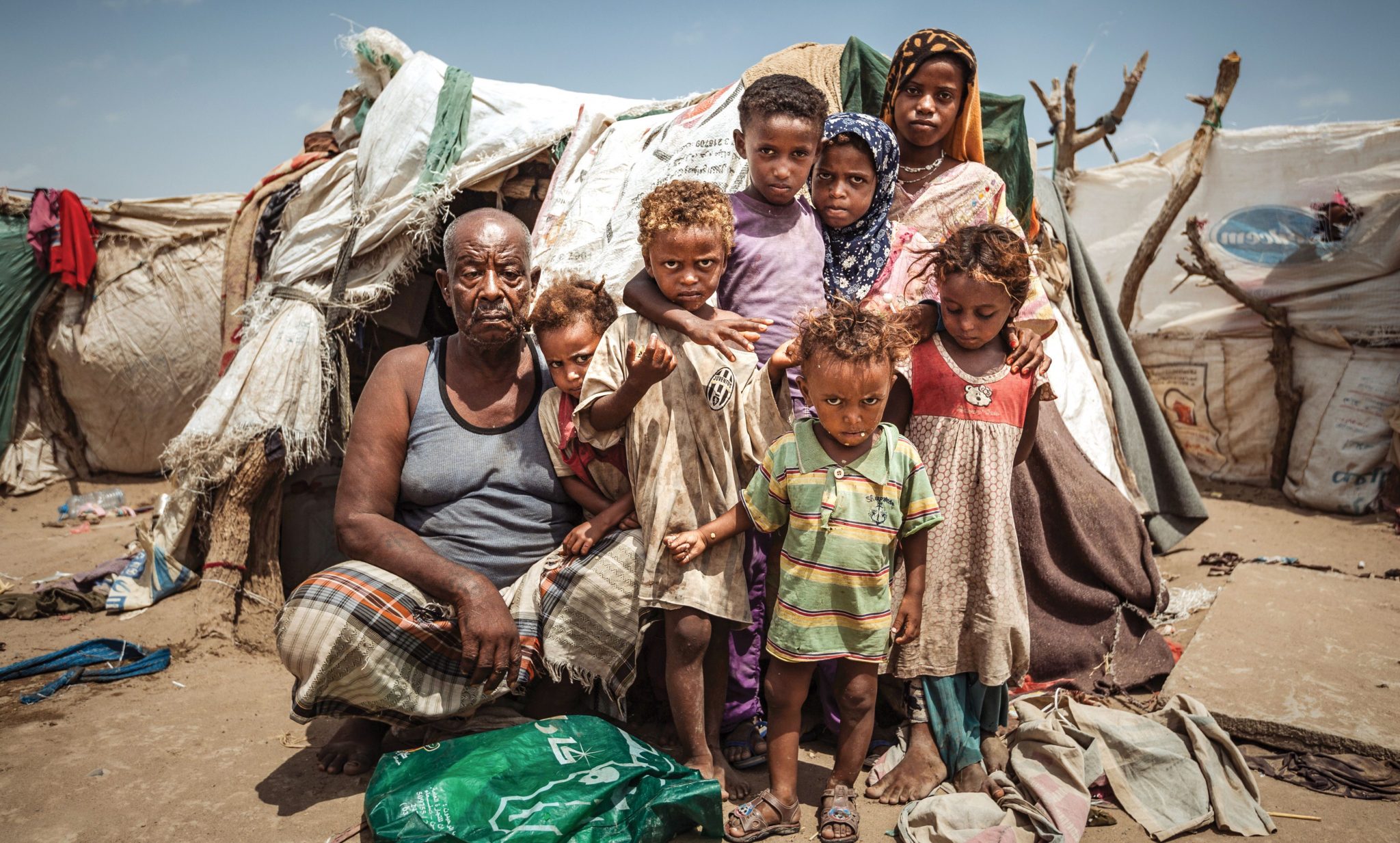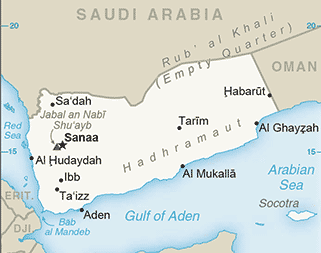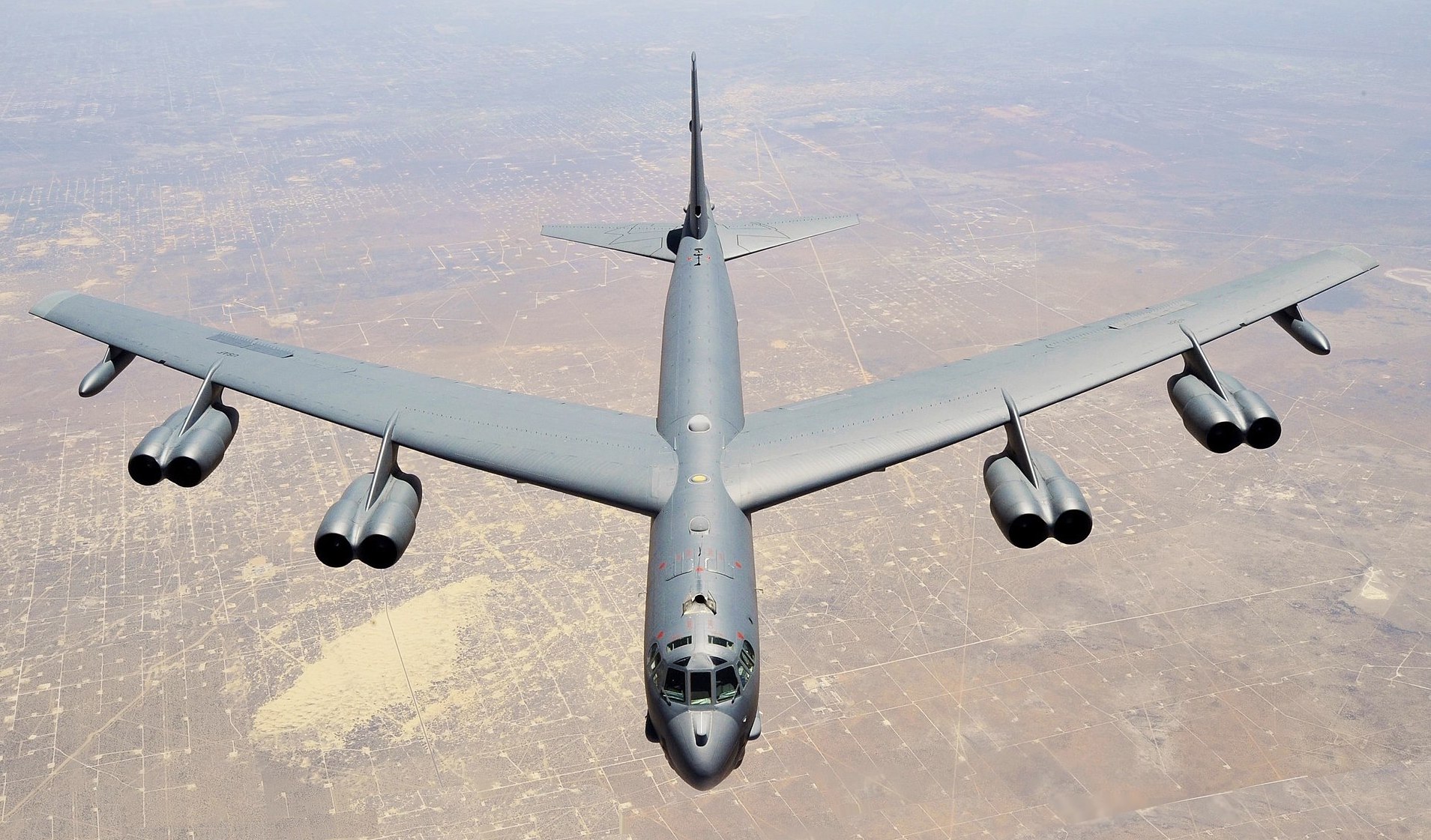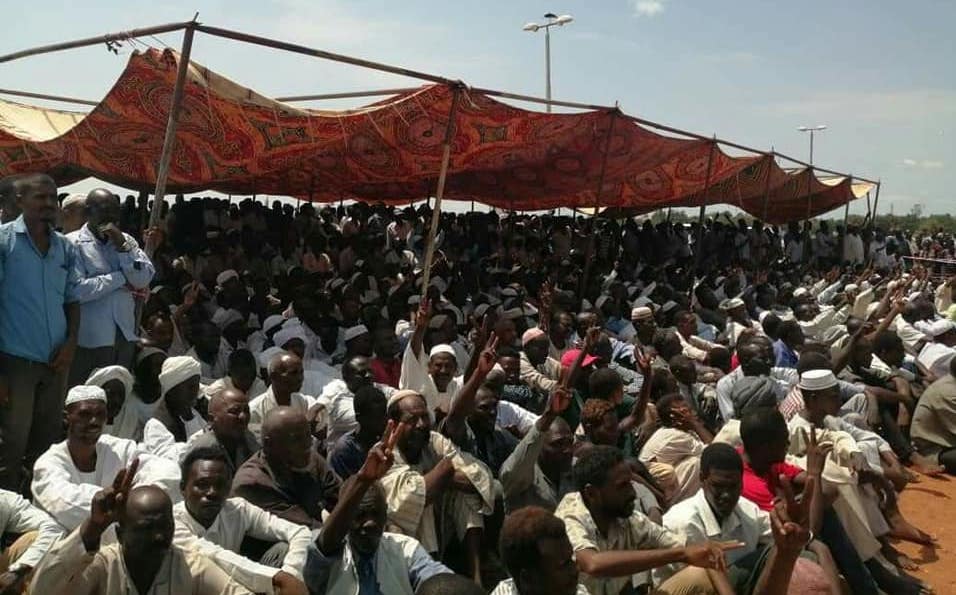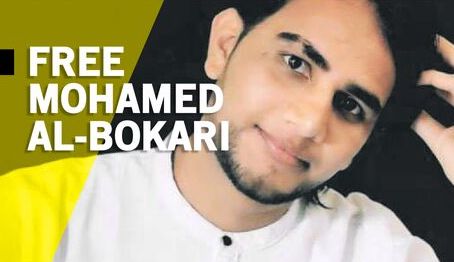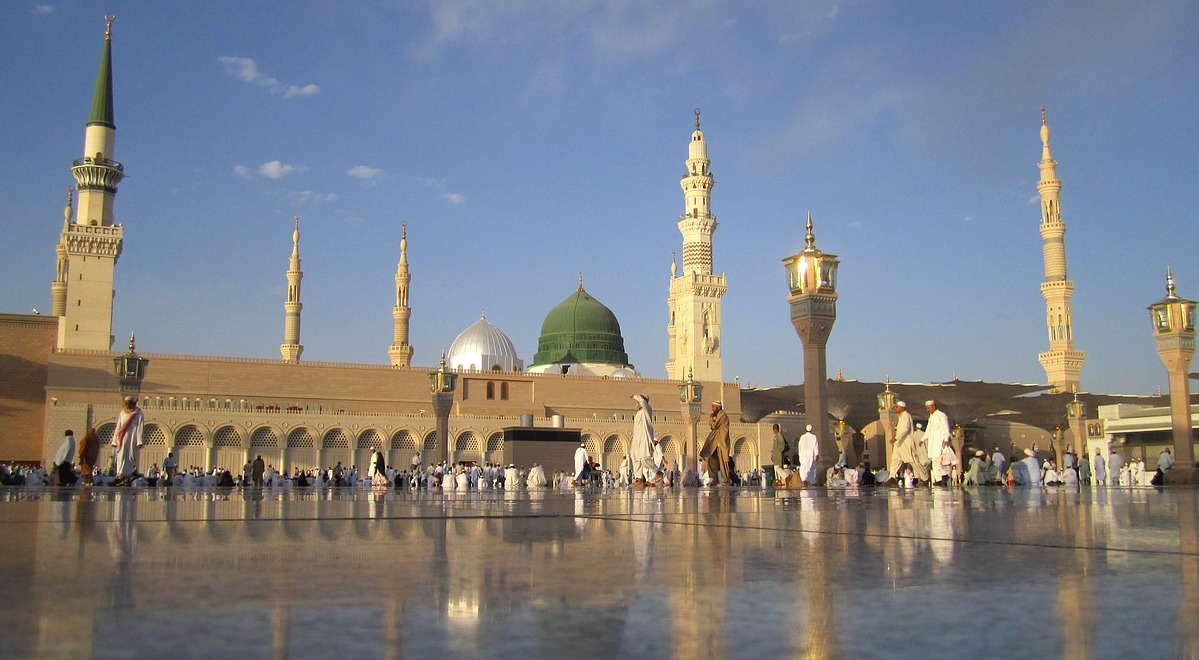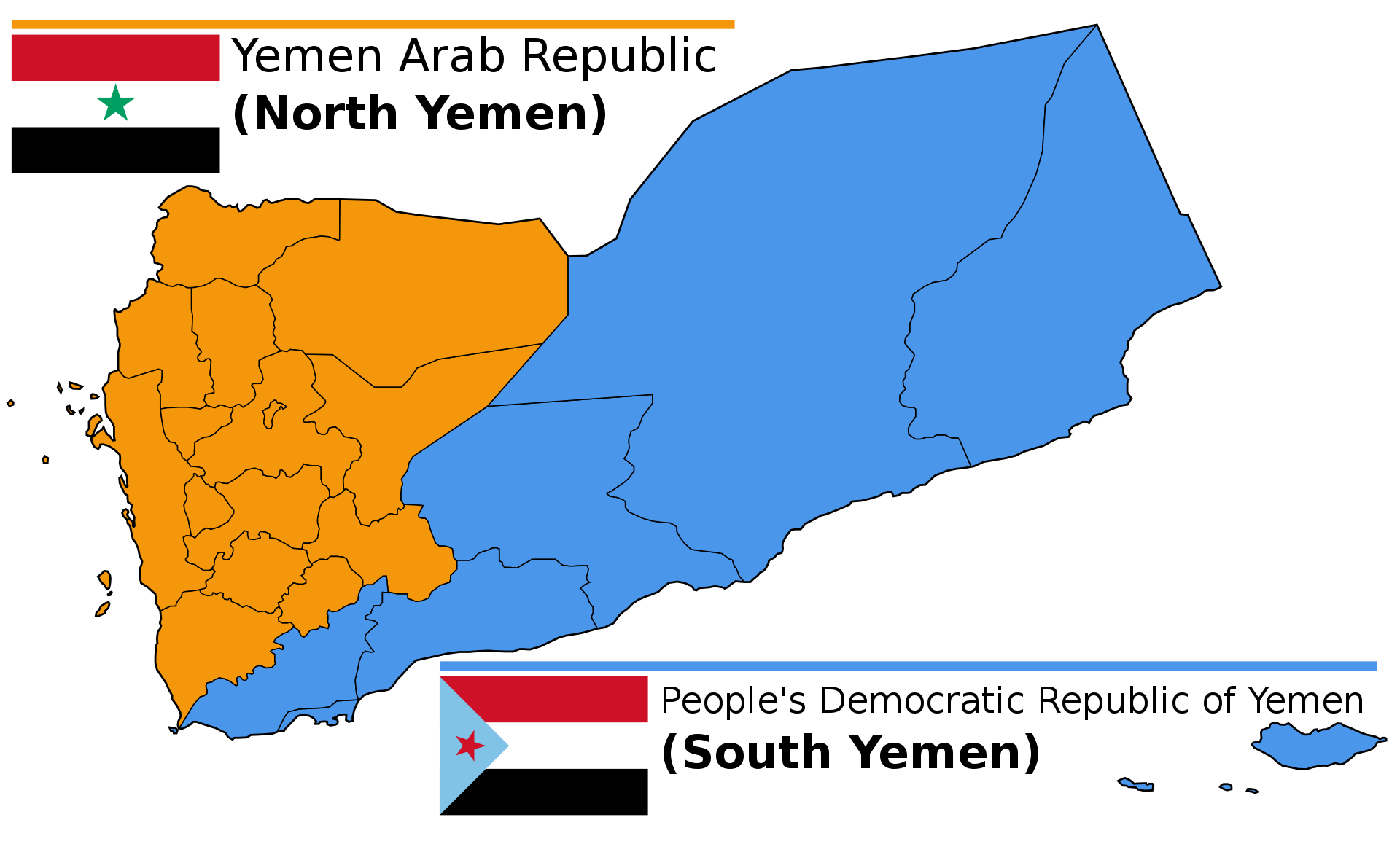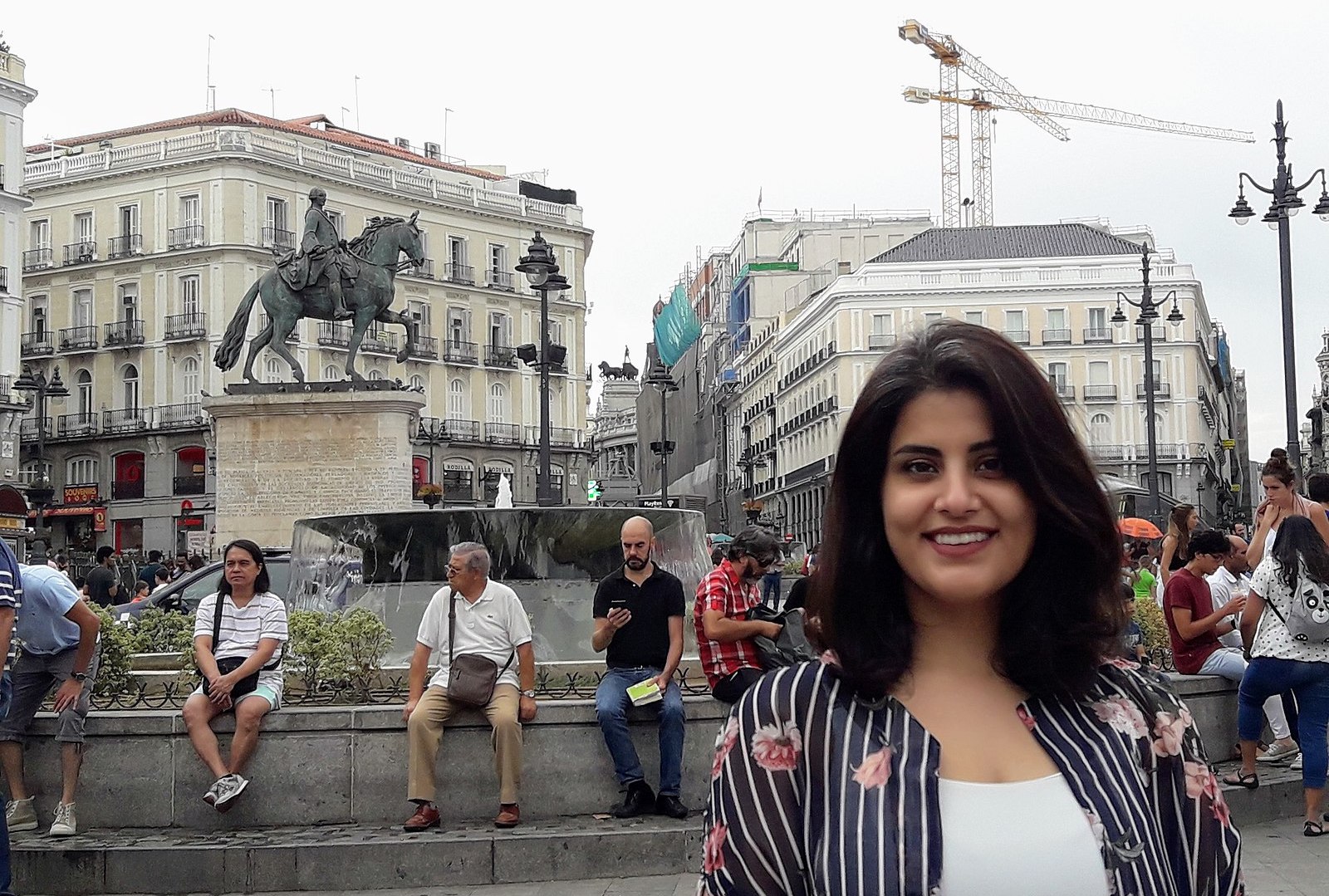
Saudi women’s rights activist freed after three years
Saudi women’s rights activist Loujain al-Hathloul was released after spending a total of 1,001 days—almost three years—in prison. Al-Hathloul had been championing women’s rights since 2013. She lobbied especially for the right to drive, as well as for an end to male guardianship laws in the Saudi kingdom. While women were granted the right to drive in 2017, advocates for the change were detained by the authorities weeks before it took effect. Al-Hathloul will remain on probation for three years and is banned from traveling for five years. Her family claims that she had been held in solitary confinement and subjected to torture and abuse, including electric shocks, waterboarding, flogging, sexual assault, and deprivation of sleep during hunger strikes against her imprisonment. An appeals court dismissed her suit alleging torture, citing a lack of evidence. Amnesty International said, “Saudi Arabia’s authorities must ensure those responsible for her torture and other ill-treatment are brought to justice.” (Photo of al-Hathloul in Madrid before her arrest: Emna Mizouni/Wikimedia Commons)



